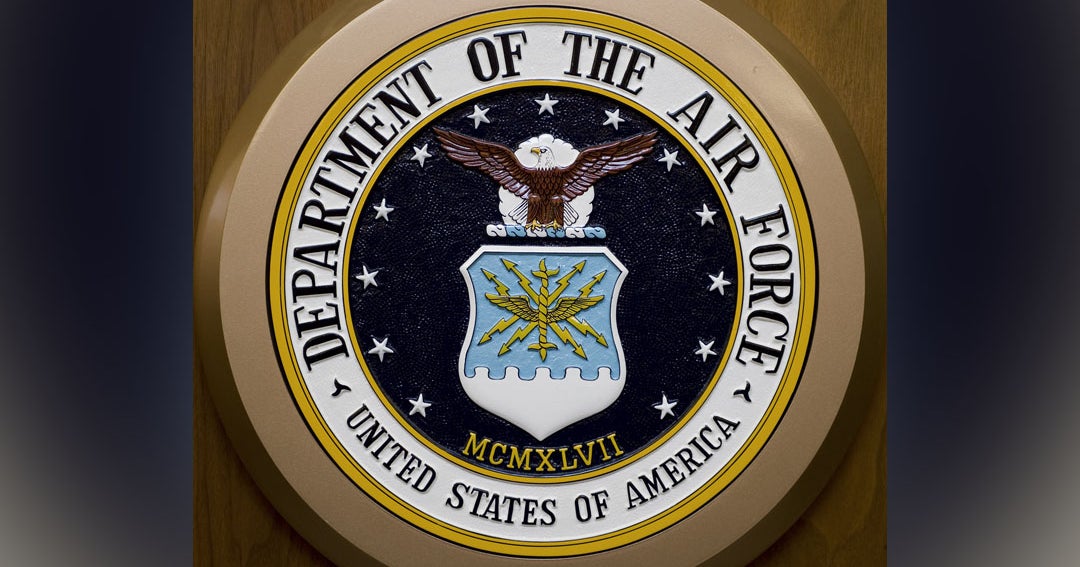Haiti's crisis continues as world powers at the U.N. negotiate sanctions and the deployment of a multinational force
United Nations — The U.N. Security Council met in an urgent session on Monday to deal with the gang violence that has enveloped Haiti. The Caribbean nation has been dealing with what the U.N. called "catastrophic" hunger, as access to water and gas have been cut off by Haitian gang leader Jimmy "Barbeque" Cherizier and a growing cholera outbreak continues.
Two resolutions are being proposed by the U.S. and Mexico: one to enact an arms embargo and that would impose financial costs to gang leaders; the second, to create a non-U.N. multinational force under the U.N. Charter's "use of force" provision.
"Colleagues, if there was ever a moment to come to the aid of Haitians in dire need, it is now," U.S. ambassador to the U.N. Linda Thomas-Greenfield told world powers.
According to the U.N., a record 4.7 million people are currently facing acute hunger. The Food and Agriculture Organization of the United Nations (FAO) and the World Food Program (WFP) said that an "unrelenting series of crises has trapped vulnerable Haitians in a cycle of growing desperation, without access to food, fuel, markets, jobs and public services, bringing the country to a standstill."
The first resolution, Thomas-Greenfield said, "would impose financial sanctions on criminal actors that are inflicting so much suffering on the Haitian people."
The second would "authorize a non-U.N. international security assistance mission to help improve the security situation and enable the flow of desperately needed humanitarian aid," she said.
Thomas-Greenfield said that Haiti is facing "extreme violence and instability" adding that the country's leaders and the Haitian people "are crying for help."
Monday's U.S.–Mexico approach is a departure from an earlier proposal. The earlier measure, obtained by CBS News, supported "the immediate deployment of a multinational rapid action force."
Council members told CBS News that the first resolution may be considered this week, but the creation of a multinational force to support the police against gang violence would need more negotiating.
Jean Victor Geneus, Haiti's foreign minister, called on the U.N. "to urgently consider the request from the government [for a multinational force] so as to help us face the crisis."
"Haiti today is dealing with major security, political, economic and social challenges. The humanitarian crisis and the resurgence of cholera aggravate the situation further," Geneus said, calling for a "political agreement" to re-establish democratic institutions to organize general elections as soon as the security situation allows.
All nations of the 15-country council on Monday expressed alarm at the deteriorating crisis in Haiti.
The U.K.'s deputy ambassador, James Kariuki, told CBS News that "the security situation in Haiti is near breaking point… Gangs are holding the Haitian people hostage."
But boots on the ground in Haiti is a troubling proposition for many nations.
"To be clear, we are keenly aware of the history of international intervention in Haiti," Thomas-Greenfield stressed.
And Russia expressed doubt to the Security Council about the current proposals.
Russian deputy ambassador Dmitry Polyanskiy noted that "opposition groups call for not allowing foreign intervention" and said the proposed sanctions were "hastily" crafted.
Last week, thousands of Haitians demonstrated in Port-au-Prince to protest against calls for foreign assistance by its own government and U.N. Secretary General Antonio Guterres.
"We certainly need help to develop our country, but we don't need boots [on the ground]," one protestor told AFP.
As hunger has reached devastating levels and Haitians have taken to small boats to flee their home, the U.S. and Canada sent armored vehicles and humanitarian supplies to Haiti. The aid, bought by the government of Haiti and flown on U.S. military aircraft to Port-au-Prince, Haiti's capital, is intended to "help the Haitian National Police counter gang violence and re-establish stability and security under the rule of law," Thomas-Greenfield said.
Helen La Lime, special representative of the secretary-general for Haiti and head of the United Nations Integrated Office in Haiti, briefed council members on "three intersecting crises – economic, security and political – that were accelerating Haiti's downward spiral."
"A humanitarian emergency is now at our doorstep," La Lime said.






